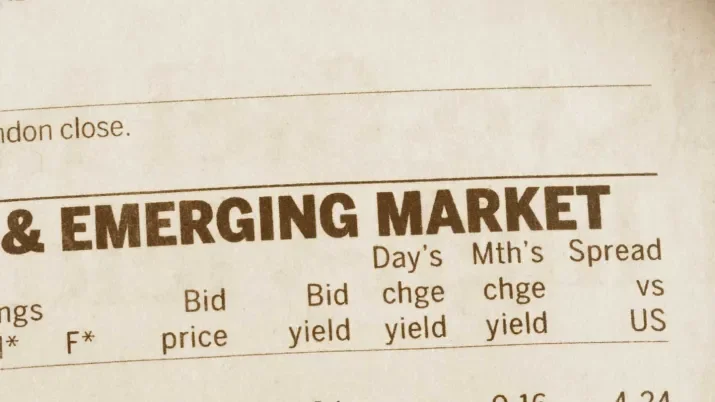Chinese property sector: A gradual recovery focused on long-term stability
Fixed Income Boutique
China’s authorities have recently revealed coordinated measures to alleviate the pressure on its property sector. The government tried to help the sector in the past year but failed; however, this time could be more determined and effective.
Since late 2020, the Chinese government had been applying stringent and tightening measures to deleverage the housing sector in order to avoid the likes of the 1992 real estate crisis in Japan and the 2008 crisis in the US. The contract sales and refinancing of property companies both collapsed after 1H21 and pushed most developers, mainly privately owned enterprises (POEs), into a liquidity crunch. The milestone event was the default of Evergrande in late 2021, followed by other names.
Starting in March 2022, the government attempted to relax the tightening policies to avoid further sector slump. Unfortunately, this was interrupted by the stringent lockdowns in various regions after soaring Covid cases in Eastern China.
Why is this time different?
The packages of supportive policies, which were announced last week by multiple government agencies, including the China Banking and Insurance Regulatory Commission (CBIRC), the Ministry of Housing and Urban-Rural Development (MOHURD) and the People's Bank of China (PBoC), are significantly more powerful than prior government actions, with more stimulus to follow in coming months.
This time the context is also different, and the message is clearer and firmer. The measures were announced following a top-level committee meeting hosted by Xi Jinping, right after he secured a third term in office. The government is determined to prevent the sector from deteriorating further. We expect more supportive policies to come between December and next March, when the new administration takes over.
Additionally, the Chinese government will gradually relax the current strict zero-Covid-policy. This is the key factor underpinning economic recovery, as well as for the property sector.
A recovery focused on stability
We foresee the worst of the current real estate crisis to be over soon; however, the housing sector recovery will only be gradual and more likely be “L” shaped in 2023. It will stabilize first, then stay at a flat but more sustainable level. We don’t anticipate contract sales to revert back to the 2021 historic high in the short term.
If the current policy direction remains firm, alongside a stable Covid scenario, China’s property sector could recover steadily with prices relatively stable in the future. We anticipate Chinese housing prices to be more affordable, and the sector moving closer to Singaporean/German housing models.
The Chinese government already achieved their deleveraging target, and now needs to stabilize the sector and economy to avoid any spill over or systemic risks. Housing and affiliated sectors still account for about 25% of China’s GDP growth.
We expect housing sales to drop less than 10% YoY for 2023, after a 30% YoY drop in 2022. Meanwhile, the sector consolidation will accelerate, with state-owned enterprises (SOEs) increasing market share to 50-70% from 30-40% now. POEs will shrink. More affordable housing prices, combined with sustainable level of financial leverage, will make the sector healthier.
Note: Certain information herein is based upon forward-looking statements, information and opinions, including expectations of future activity. We believe that such statements, information, and opinions are based upon reasonable estimates and assumptions. However, there is no assurance that estimates or assumptions regarding future financial performance of countries, markets and/or investments will prove accurate, and actual results may differ materially.




